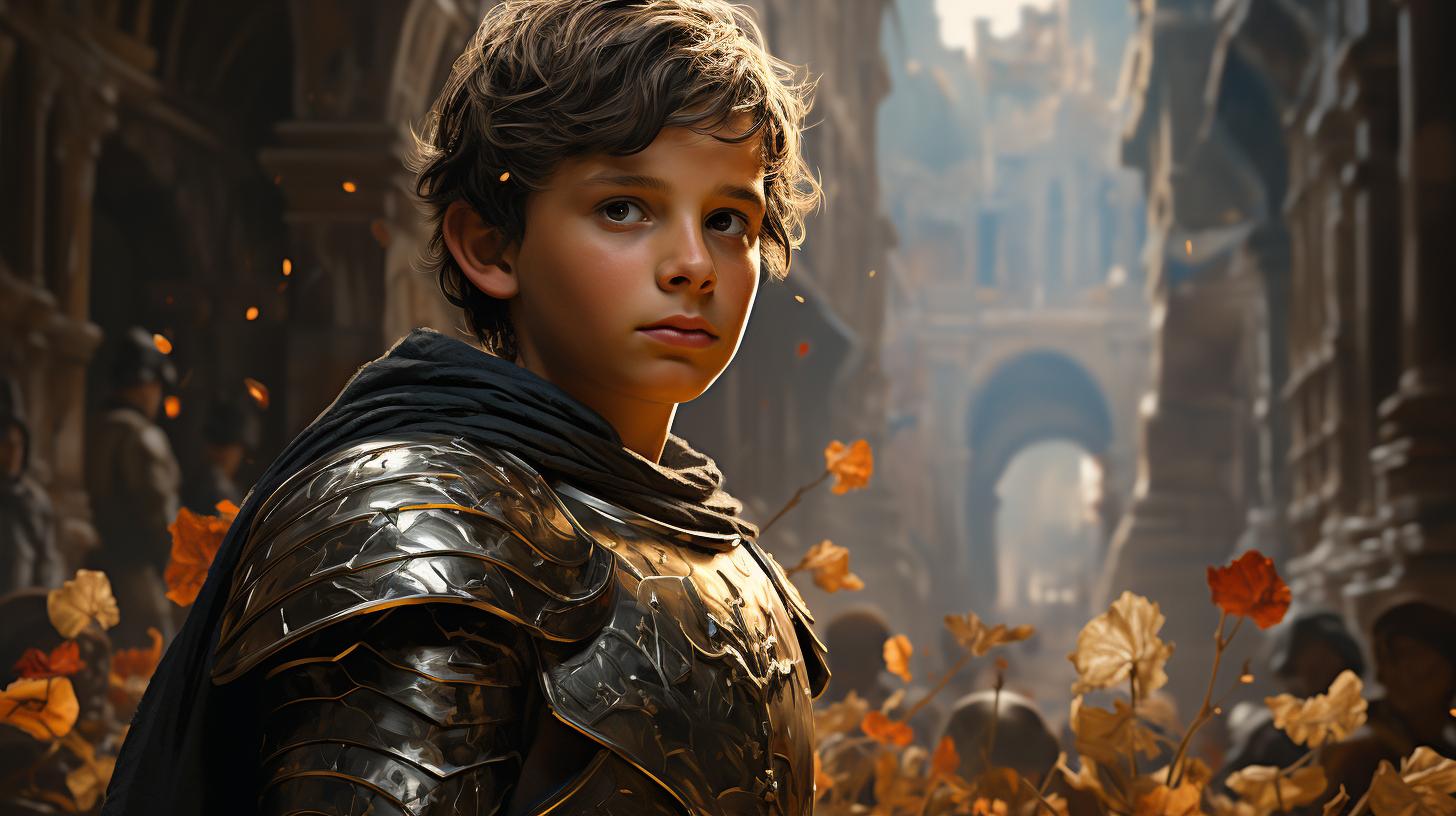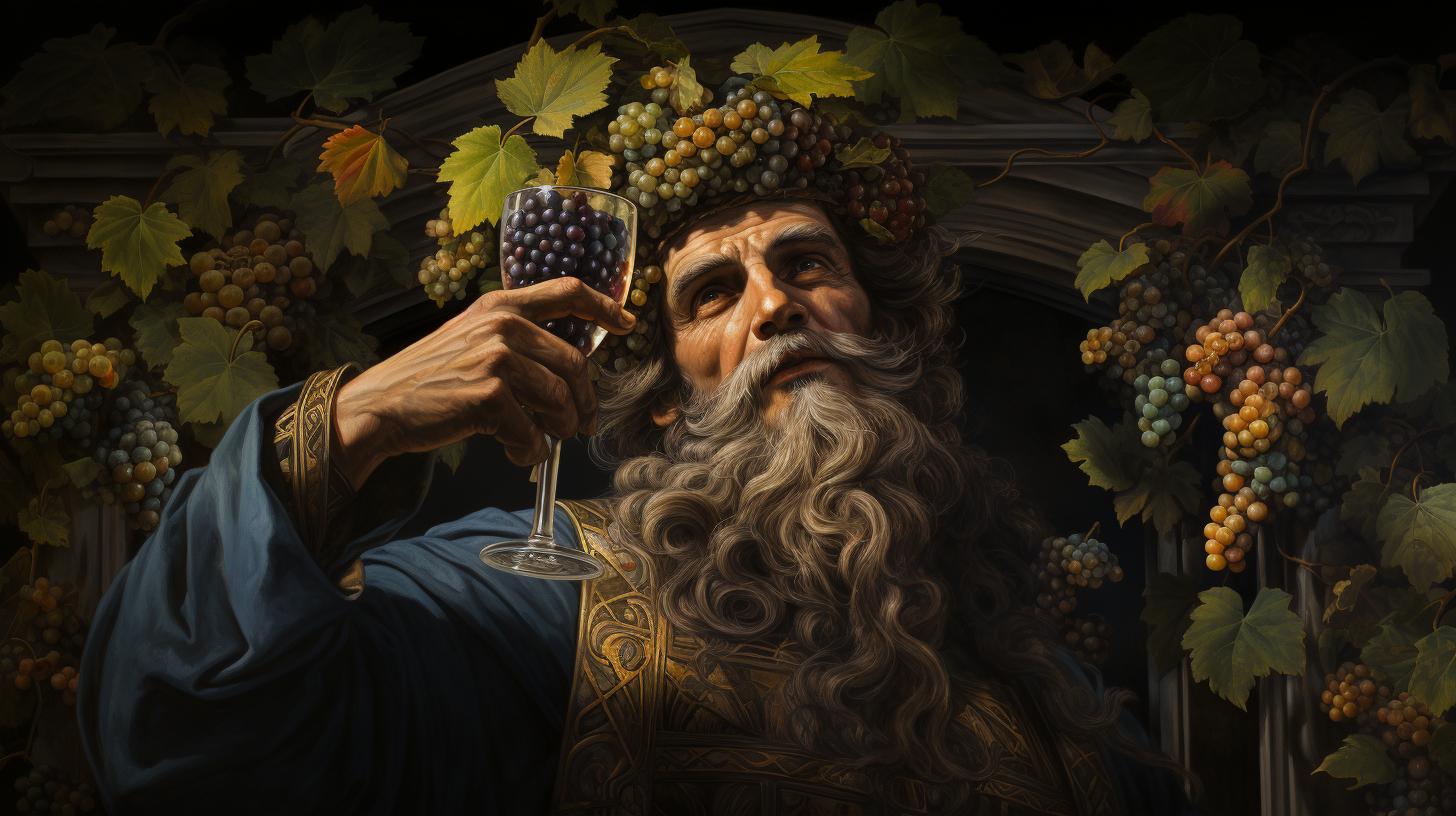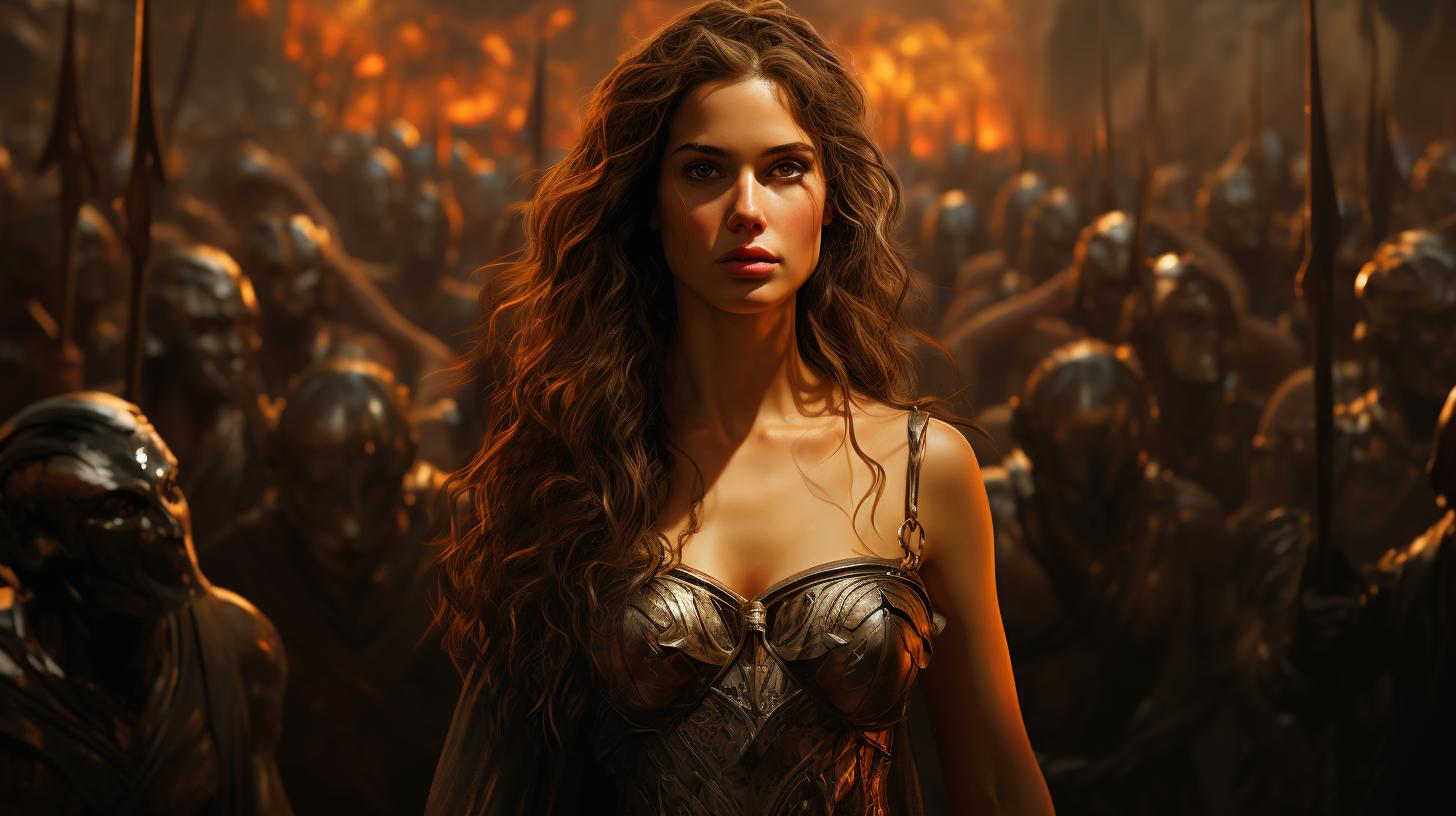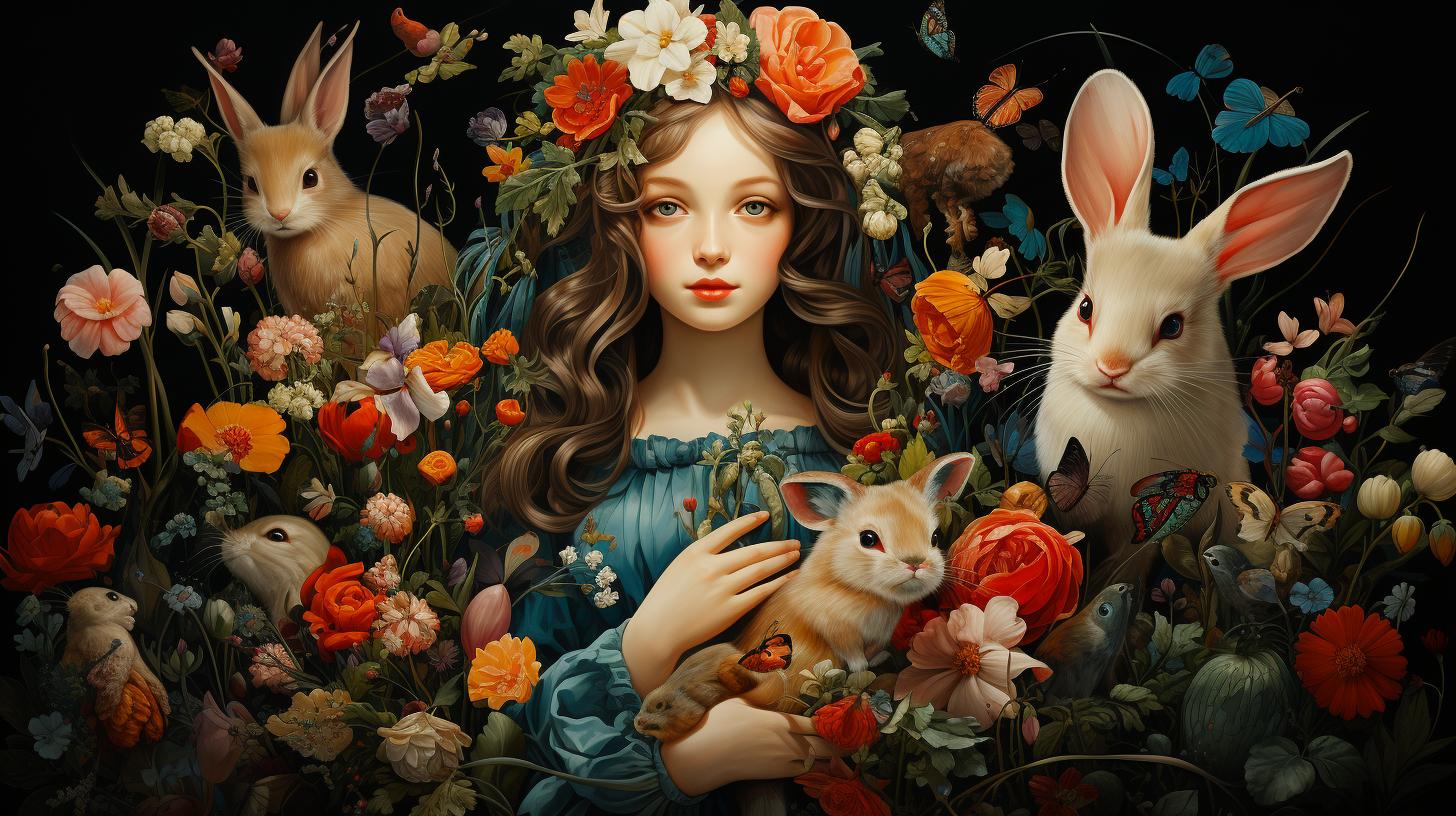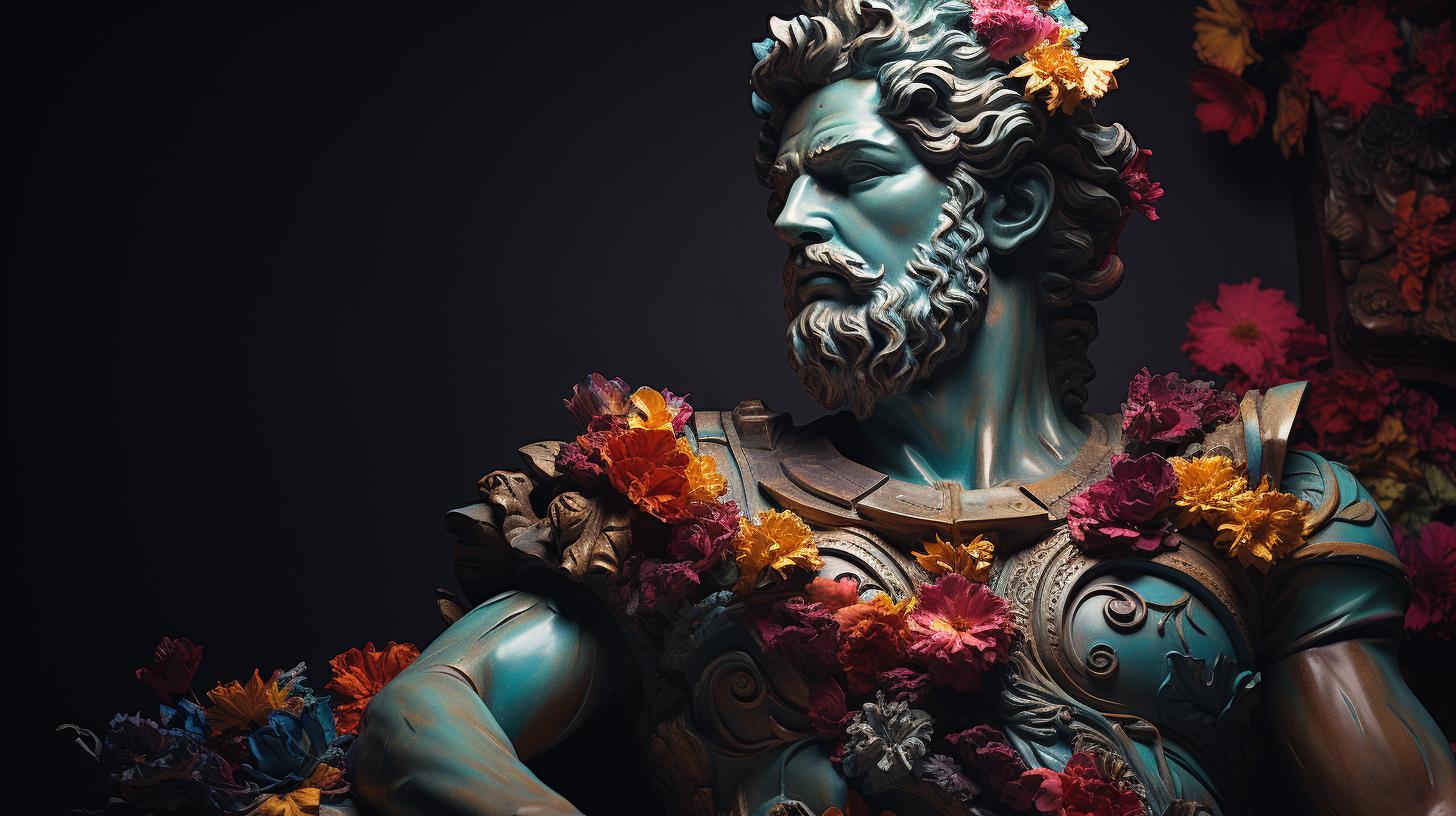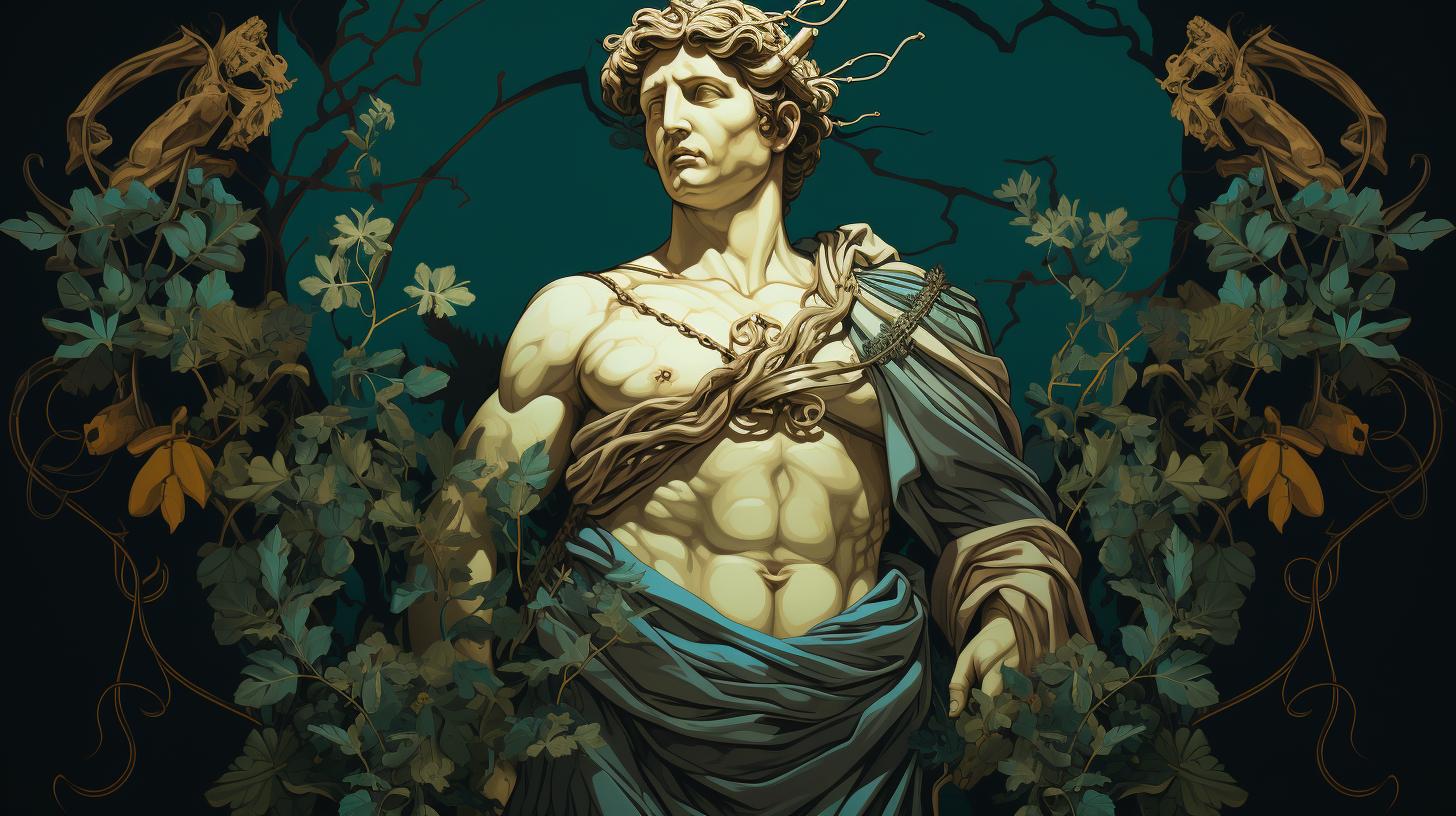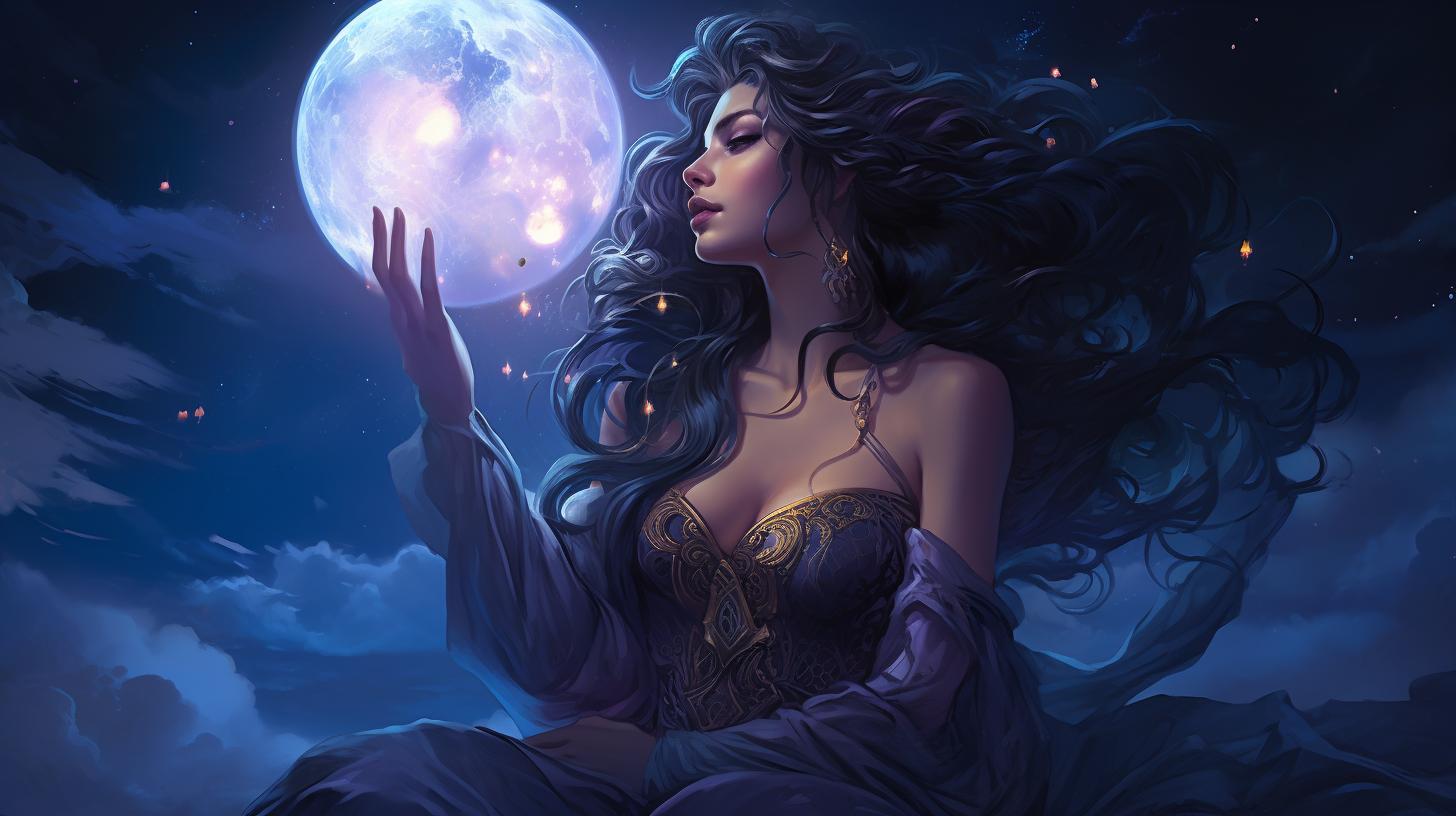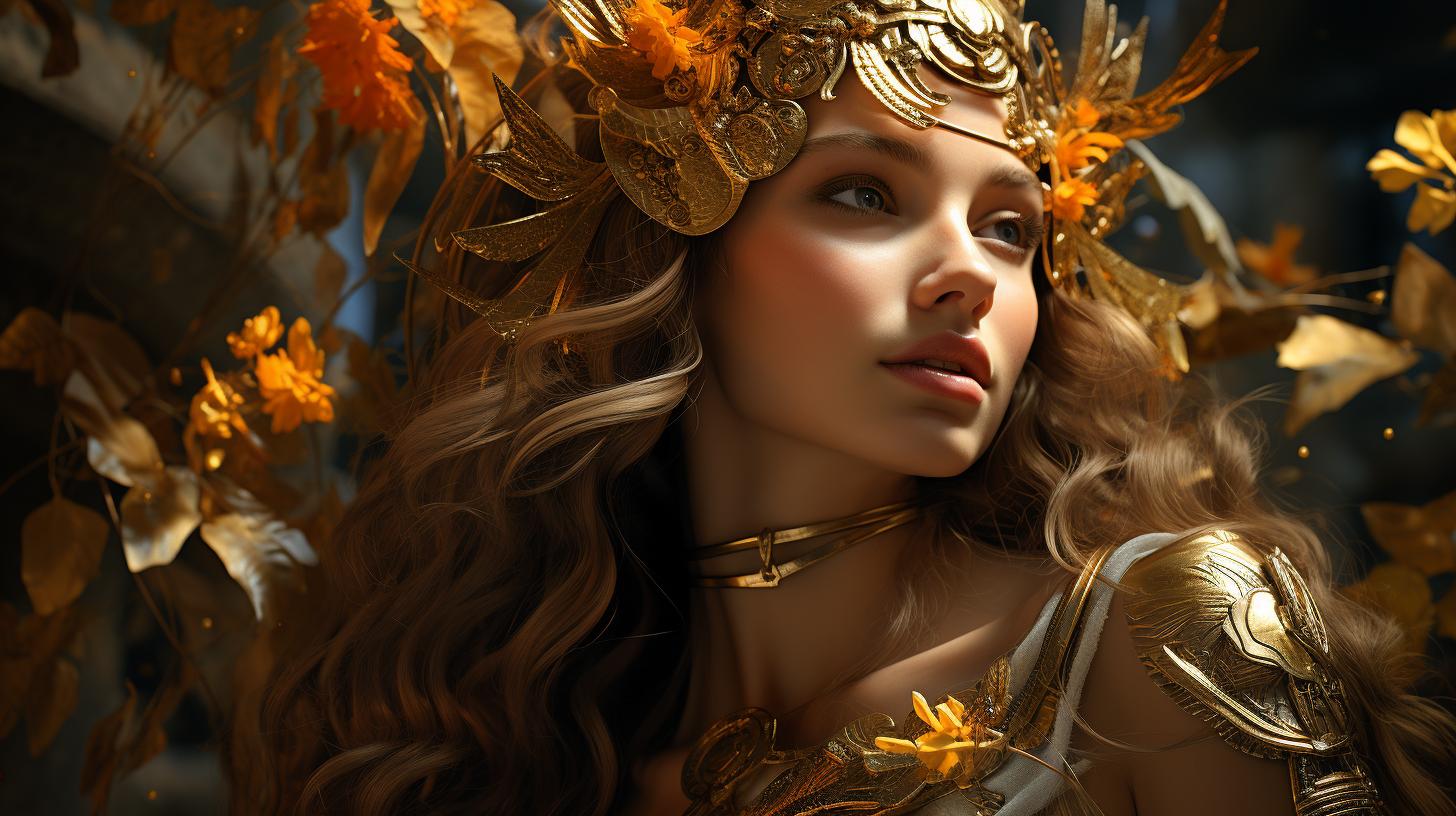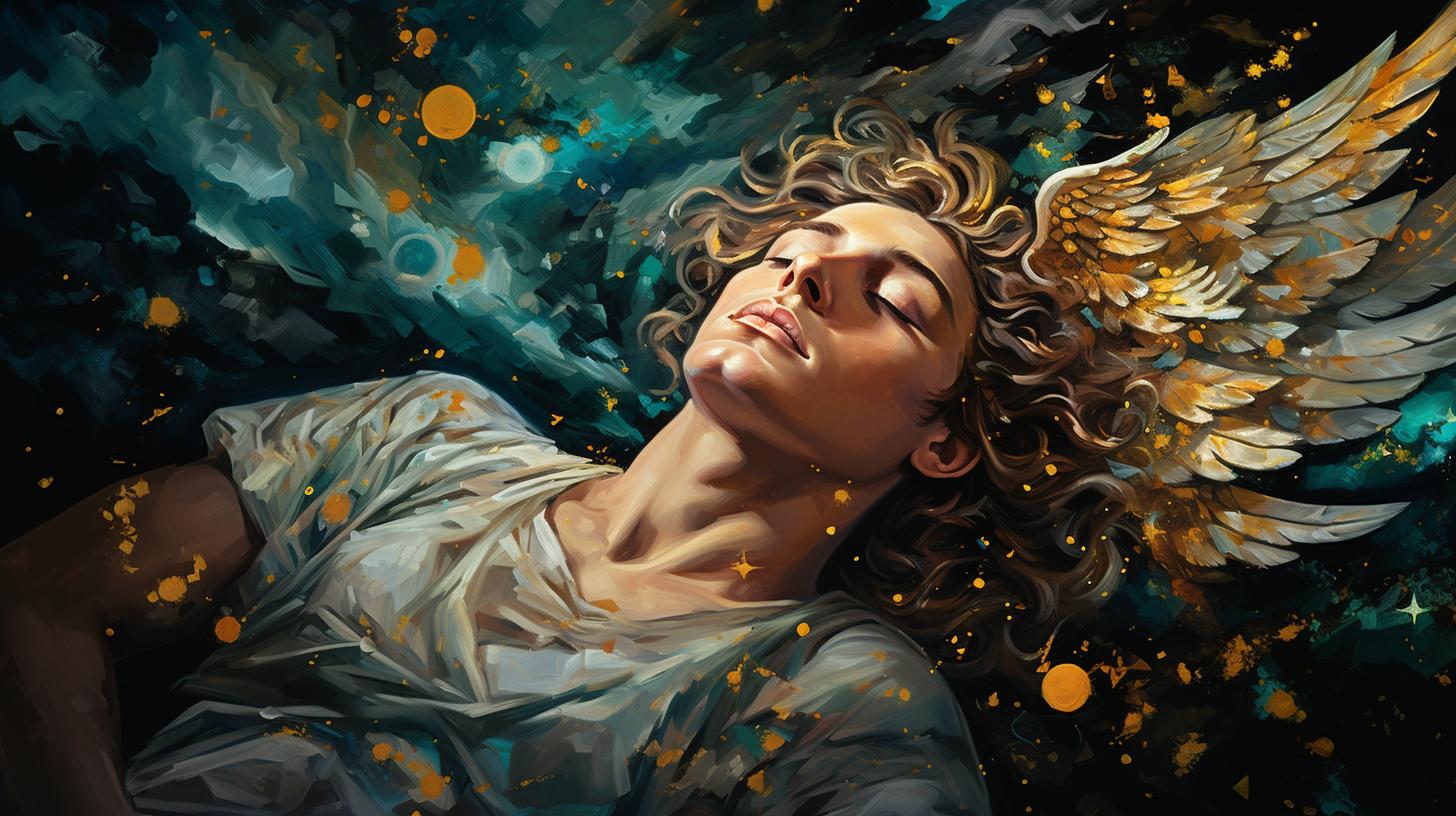Roman God Quirinus: Unveiling the Myth and Significance of the Ancient Deity in Roman History
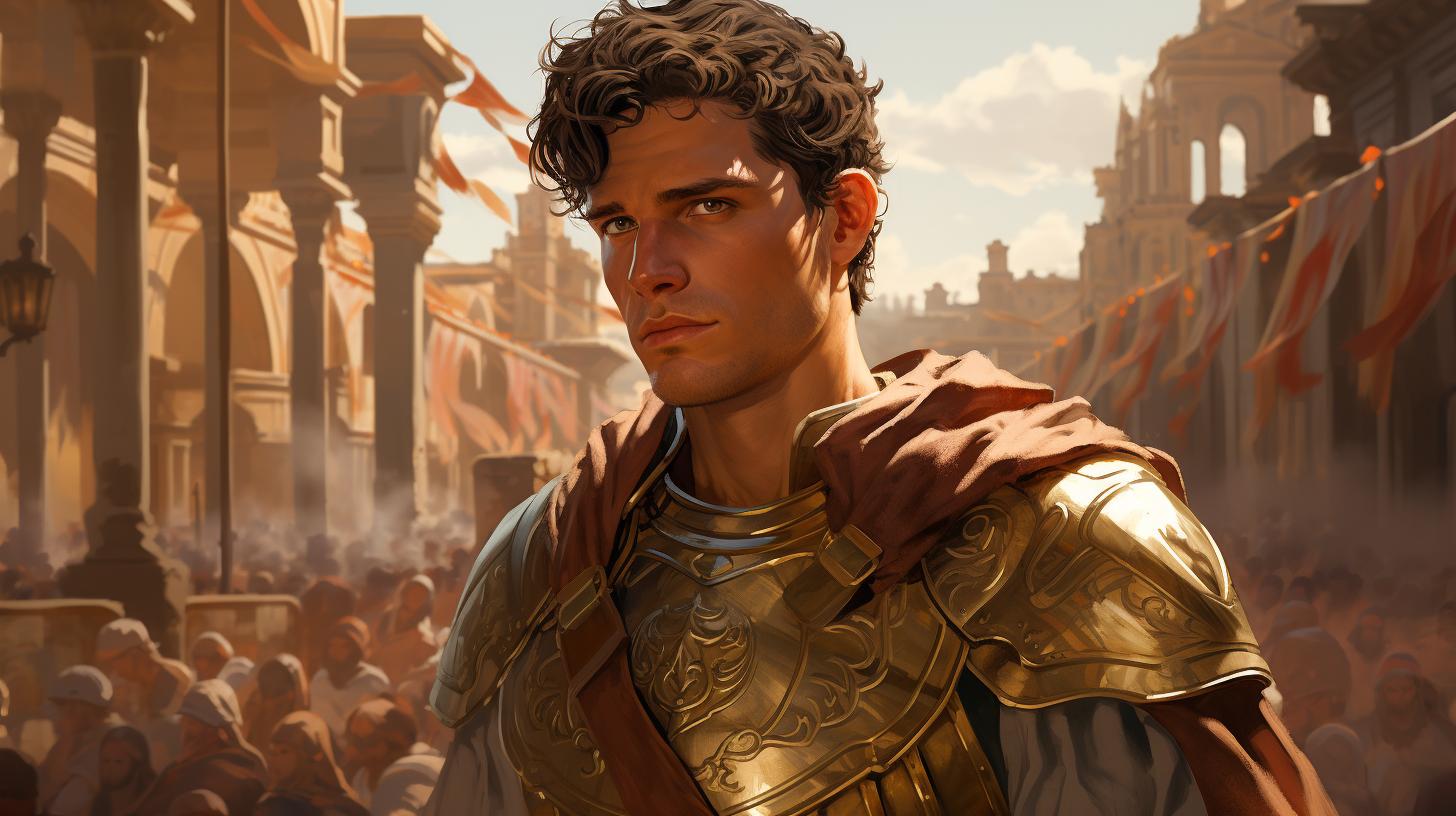
The Roman god Quirinus holds a significant place in ancient Roman mythology and religion. Associated with Mars, the god of war, Quirinus was revered on the Quirinal Hill in Rome. Mythologically linked to Romulus, the legendary founder of Rome, Quirinus played a crucial role in Roman culture and rituals.
Festivals like Quirinalia emphasized his importance in agricultural prosperity. As one of the major deities alongside Jupiter and Mars, Quirinus occupied a prestigious position in the Roman pantheon.
Let’s explore the origins, significance, and rituals surrounding the intriguing figure of the Roman god Quirinus.
Roman God Quirinus: Origins and Significance
The Roman god Quirinus holds a significant place in ancient Roman mythology and religion, with a rich history and deep symbolism. Exploring the origins and significance of Quirinus allows us to delve into the mysteries surrounding this enigmatic deity.
Name and Meaning
The name Quirinus, derived from the word “quirium,” is believed to be connected to an ancient Sabine settlement that later merged with the original Roman community. Another theory suggests that the name stems from “covirium,” meaning “assembly of men.”
These etymological connections highlight Quirinus’ association with community and collective identity.
Association with Mars, the Roman God of War
Quirinus is closely associated with Mars, the mighty god of war in Roman mythology. As a deity linked to Mars, Quirinus embodies qualities of strength, valor, and protection. However, while Mars represents the violence and chaos of war, Quirinus’s role evolves to focus more on safeguarding the Roman people.
Quirinal, the Main Site of Worship
The Quirinal Hill in Rome served as the primary site of worship for Quirinus. Originally revered by the Sabines, Quirinus later became a prominent Roman deity. Alongside Jupiter and Mars, he held a high position in the Roman pantheon.
Quirinus and Romulus: Mythological Connection
Quirinus, the esteemed Roman god, shares an intriguing mythological connection with Romulus, the legendary founder of Rome. This connection stems from the deification of Romulus by Jupiter, paving the way for his identification with Quirinus.
Deification of Romulus and Identification with Quirinus
After the death of Romulus, Jupiter elevated him to the status of deity, declaring his new name as Quirinus. This divine transformation solidified the bond between Romulus and Quirinus, leading to their perceived identity as one and the same.
The identification of Romulus with Quirinus served various purposes. Firstly, it bestowed a divine aura upon Romulus, elevating his status to that of a god. Secondly, it reinforced the mythological connection between Quirinus and Rome itself, affirming Romulus as not only the city’s founder but also its protector.
Role of Quirinus in Roman Culture and Religion
The amalgamation of Romulus and Quirinus carried profound implications for Roman culture and religion. Quirinus, as the deified form of Romulus, held a crucial role in safeguarding the well-being and prosperity of Rome and its people.
He became intertwined with the collective identity of the Romans, representing their strength, unity, and resilience.
Furthermore, the association of Quirinus with Romulus underscored the divine protection and patronage extended to the city of Rome. It fostered a sense of reverence and devotion among the Roman citizens, who sought Quirinus’ intercession in times of crisis, conflict, and the pursuit of prosperity.
- Quirinus symbolized the martial aspect of the god Mars, reflecting his initial association with war and combat.
- As Roman society evolved, Quirinus’ attributes as a warrior gradually diminished in prominence, shifting toward his role as a protector and guardian.
- Quirinus’ annual festival, the Quirinalia, celebrated his significance in ensuring agricultural abundance, which was vital for Rome’s prosperity and welfare.
In conclusion, the mythological connection between Quirinus and Romulus is a pivotal aspect of Roman culture and religion.
The deification of Romulus as Quirinus solidified his position as a divine figure, closely linked to the city’s origins and its subsequent destiny. Quirinus, embodying both Mars and Romulus, held a vital role in safeguarding the well-being and prosperity of Rome and its people.
Quirinus, the revered Roman god, was the focal point of several festivals and rituals that celebrated his significance in Roman culture. These events aimed to pay homage to Quirinus and seek his blessings for the prosperity and well-being of the Roman people.
Quirinalia: Annual Festival Celebrating Quirinus
One of the notable festivals dedicated to Quirinus was the Quirinalia, an annual celebration held on a significant date, February 17th. This grand event brought the Roman community together to honor Quirinus and express gratitude for his protection and guidance.
During Quirinalia, elaborate ceremonies took place at the revered Quirinal Hill, which served as the central site of worship for Quirinus. Priests and devotees gathered to offer prayers, sacrifices, and perform traditional rituals to appease the god and ensure his favor upon the people.
Attendees adorned themselves with special attire and carried symbolic items to symbolize their devotion to Quirinus. The festivities were accompanied by music, dance, and feasting, creating a joyous atmosphere that fostered a sense of unity and community among the Romans.
Importance of Quirinus in Agricultural Prosperity
Beyond his association with war, Quirinus held significant importance in the agricultural sphere and was revered as a guardian deity for the growth and preservation of crops in Rome. The agricultural prosperity of the Roman civilization was believed to be closely tied to the favor of Quirinus.
During various agricultural festivals and rituals throughout the year, Romans offered prayers and made offerings to Quirinus, seeking his blessings for abundant harvests, protection from natural calamities, and fertility of the land.
These rituals highlighted the deep-rooted belief in Quirinus as a protector and provider for the Roman agricultural community.
- Farmers and landowners sought divine intervention by participating in processions and ceremonies dedicated to Quirinus.
- Rituals included the purification of fields, offerings of grains and produce, and the enactment of symbolic scenes depicting the bountiful rewards of Quirinus’ protection.
- Special prayers were recited to invoke the god’s benevolence and to ensure the continuity of Rome’s agricultural abundance.
These rituals not only reinforced the importance of Quirinus as a deity, but also fostered a sense of gratitude and reverence towards the land and its agricultural resources.
Through the commemoration of Quirinus’ festivals and rituals, Romans honored and recognized the god’s role in safeguarding their community, providing prosperity, and maintaining the harmony essential for the well-being of Rome.
Quirinus in the Roman Pantheon
Quirinus held a significant position among the Roman gods, being revered alongside Jupiter and Mars. Let’s explore the importance of Quirinus in the Roman pantheon and his connection to these prominent deities.
Position Among the Roman Gods
Quirinus occupied a prestigious place in Roman mythology, often considered on par with Jupiter and Mars. As one of the three main deities, known as the Archaic Triad, Quirinus represented a crucial aspect of Roman religious beliefs and practices.
The flamines, the highest-ranking priests in Rome, dedicated themselves to the worship of these three gods.
Connection to Jupiter and Mars
Quirinus shared a close connection with Jupiter, the king of the gods, and Mars, the god of war. The precise nature of their relationship is subject to interpretations and mythological accounts.
Some scholars argue that Quirinus might have been an aspect or epithet of Jupiter, representing his protective and regal qualities.
The association between Quirinus and Mars, the god of war, further solidifies his significance in the Roman pantheon. As Mars personified the military might of Rome, Quirinus came to symbolize the protective aspect of warfare, ensuring the safety and well-being of the Roman people.
Influence and Attributes
- Quirinus, with his connection to Jupiter and Mars, embodied the ideals of leadership, protection, and strength.
- He represented the divine force that shielded Rome and its citizens, safeguarding them against external threats and promoting stability within the empire.
- Over time, Quirinus evolved from his initial role as a god of war to become a guardian deity who focused on the prosperity and preservation of Rome.
Quirinus’ position among the Roman gods and his association with both Jupiter and Mars highlights his importance in Roman religious and societal structures.
The Roman pantheon‘s triadic representation of power, with Quirinus as a vital member, exemplifies the interconnected nature of deities within ancient Roman culture……

